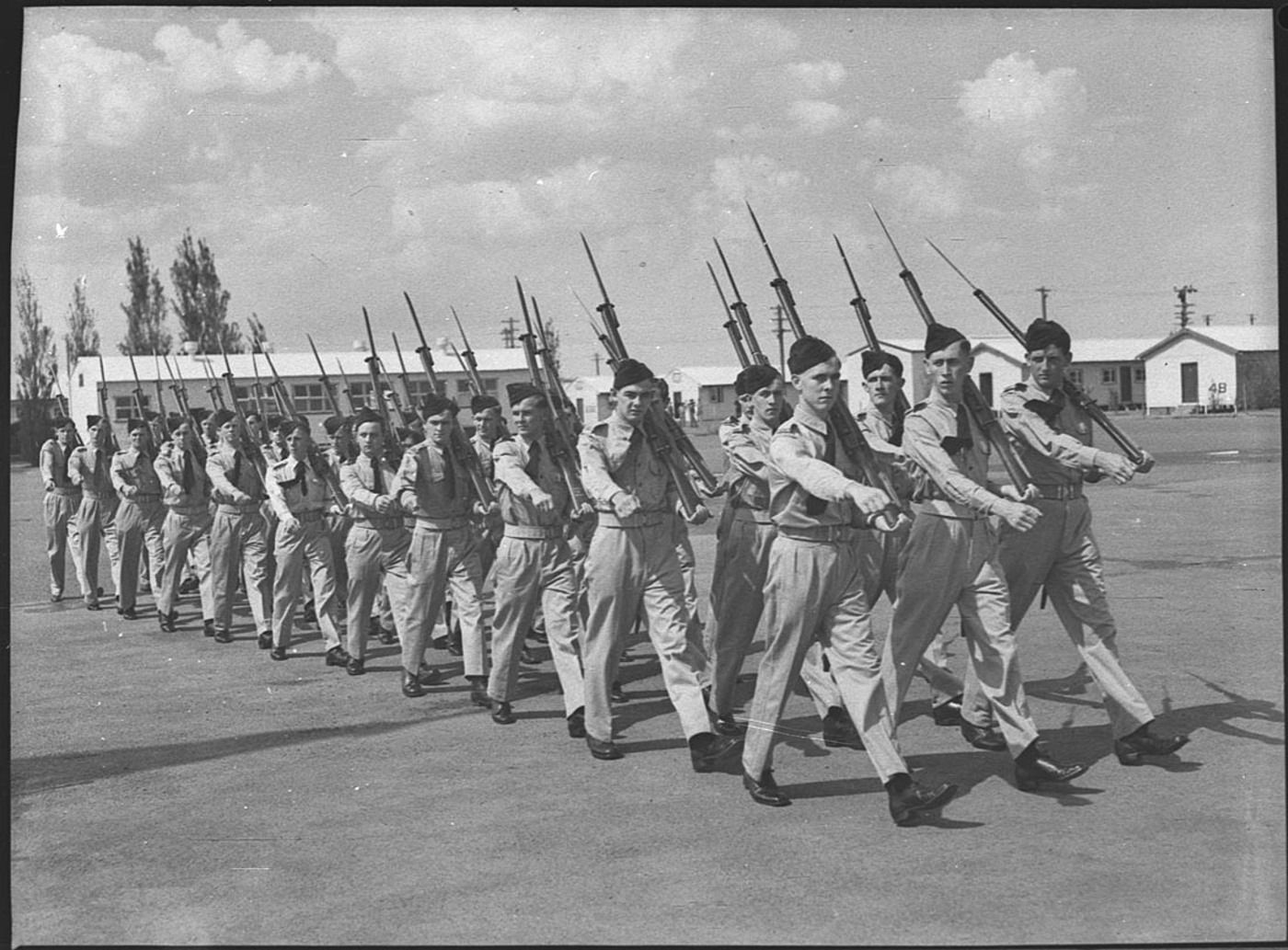The shouts to bring back the good ol’ days have become louder and more widespread in recent years. However, the suggestion to reinstate National Service for British youth comes as a surprise. RAND and the Ministry of Defence have recently published a report in which the issue of “military force and public understanding” is addressed, with the “communication gap” between civilians and the military being of great concern. For the author of the report, historian Hew Strachan, the best method for developing a new and “mature public engagement” with the armed forces is to send young adults to corrugated iron facilities and ready them for war.
The history of British national service is fairly uncomplicated. Conscription, which was later branded National Service, was enacted twice, and there are no points for guessing at which times. The reason for ending the National Service by 1960 was one due to economic necessity. It was felt that the National Service was draining the economic and consumer potential of young men as well as hampering industrial production. With the new National Service also including women, maybe the same economic issues could arise again?
The report firmly positions Britain with other European countries in terms of the military’s relationship with modernity and urges the government to take heed. In France, the possible reintroduction of low-commitment conscription is debated; in Denmark, National Service is optional but heavily marketed thanks to events such as ‘Defence Day’, and in Estonia, all healthy males are conscripted and trained to fighting standard. Though it is refreshing to see something published on actions taken by European governments, one questions how necessary it is.
There’s a chance I’m not listening to what Strachan is trying to tell me and that I’m too protective of my civil liberty. There is the argument that citizens of Britain have a duty to serve the country in which they live; a country that gives you democracy, welfare, rolling green hills and pub culture. However, I can’t help but think this reason is undermined, as Facebook takes democracy away and taxes are paid. The report shares the statistic that sixty-five per cent of Britons know “nothing or little” about the armed forces. It sounds that the issue, then, is one of education and openness: handing millions of British seventeen to twenty-four-year-olds a Glock seems a bit extreme. I’d add, as well, that the Glaswegians that can see Trident on a clear day ‘know’ about the role of the military.
The report proposes that a new-age National Service will reconcile social inequality and division as everyone will unite behind the cause of protecting ‘their country’. Again, I would blame increased social inequality and division on chronic hopelessness courtesy of austerity. The report also focuses on the negative relationship between the British public and its military. I’m not a PR manager but a few fewer alleged Afghan and Iraq war crimes under their belt might go some way in improving this. If the question is about instilling ‘traditional values’ in the youth via military training, I’m unconvinced that a nation in arms will mean milk will be delivered to the house again and the shilling will return.
If inspiration is to be taken from Denmark, National Service may not mean training camps, push-ups and cleaning guns, but instead community outreach projects. Young people could be sent to their local roundabout to pick litter instead of war-torn wastelands. The care for the most vulnerable in society may become compulsory instead of optional, and charity work will be the responsibility of the many. If the National Service means that the Children In Need television drive could stop then I may change my position.
Sitting here, I am fairly certain that the National Service will never return in ‘peacetimes’ such as these, an issue must be taken with the report’s suggestions that young people going into camps and coming out weaponised will result in a utopian Britain. A government should never allow citizens to exist in a state of compulsory servitude. If the last hope for unity in Britain is to sit on a bus and know the person next to you also had the same miserable experience for a year and a half, things really are bad.
Sinead O’Riordan
Image: Wikimedia Commons.

